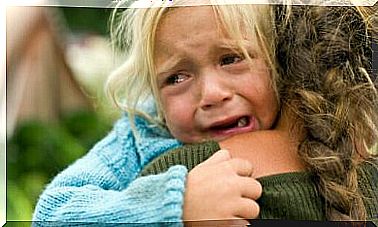Discussion Around Vaccinations

Vaccines and vaccinations are considered one of the greatest and most significant advances in the history of medicine. They have changed the history of mankind by reducing the incidence of many dangerous diseases. Vaccination has been an effective tool, especially against infectious diseases, and it has been proven that vaccines prevent millions of deaths each year.
While there is currently no better and more effective alternative to vaccines, they are also the subject of much debate and even criticism. There are anti-vaccine movements that believe that the health risks associated with vaccines or vaccinations outweigh their benefits. The reasons for such beliefs can be religious, political, philosophical or health.
Laws and legal frameworks for vaccinations vary from country to country. Most medical professionals and authorities recommend vaccines because they believe they are an important tool in protecting the health of citizens.
Conversation surrounding vaccinations

As far as the legal framework for vaccination is concerned, one of the most important aspects is information. With this in mind, healthcare professionals and governments in different countries have shared and are sharing information about vaccines with citizens. Decision-makers and those working in the healthcare sector want to ensure that patients – and, in the case of young children, their parents – have sufficient knowledge of the subject.
In practice, however, it is largely the responsibility of health and nurses in schools and health centers to talk about and communicate vaccines and their benefits and risks. It is their responsibility to ensure that the patient has adequate knowledge of the subject, especially if they have any doubts about vaccination and vaccinations.
So-called herd immunity or herd protection is an important aspect when it comes to vaccination and vaccines and the related debate. It refers to the immunity of the population, which, by preventing the spread of an infectious disease, can also protect an unvaccinated person. Flock protection for the disease arises when a sufficient number of people are resistant to the disease. In this case, non-vaccinated people are also better protected from the disease. This protects people who cannot be vaccinated due to age or some medical condition. Because the vaccine does not provide complete protection, the vaccine’s own protection is also improved thanks to herd protection.
Parental consent for vaccination of the child
In most countries, parents or other guardians consent to the vaccination of minor children. It is considered good ethical practice to provide all children over the age of 12 with the necessary information about what the vaccine does and how it protects the child. Another rule of thumb is that people over the age of 16 should themselves consent to vaccinations – except in situations where parents decide on vaccinations on behalf of the young person.

In the case of Finland, with regard to vaccines included in the official vaccination program, if only one parent is present in the vaccination situation, the professional administering the vaccine assumes that the parent acts in good faith and with the consent of the other parent. The situation is different if the other biological parent has stated that he or she disagrees. If the vaccine is not part of an official vaccination program, it is covered by optional medical treatment. In this case, the consent of both parents is required.
Should vaccinations be mandatory?
The question of whether certain vaccinations should be mandatory is raised from time to time. However, this raises many issues related to individual freedom and collective rights. Legislation varies from country to country, and in some European countries certain vaccines are already mandatory. In Finland, however, vaccinations are voluntary.
There are many legal and ethical considerations to be made about making vaccinations mandatory. Ironically, the fact that vaccines have brought many serious infectious diseases under control contributes to the controversy that prevails today. Namely, parents may feel that the risk of contracting rare diseases is so low that it is not worth vaccinating a child.









